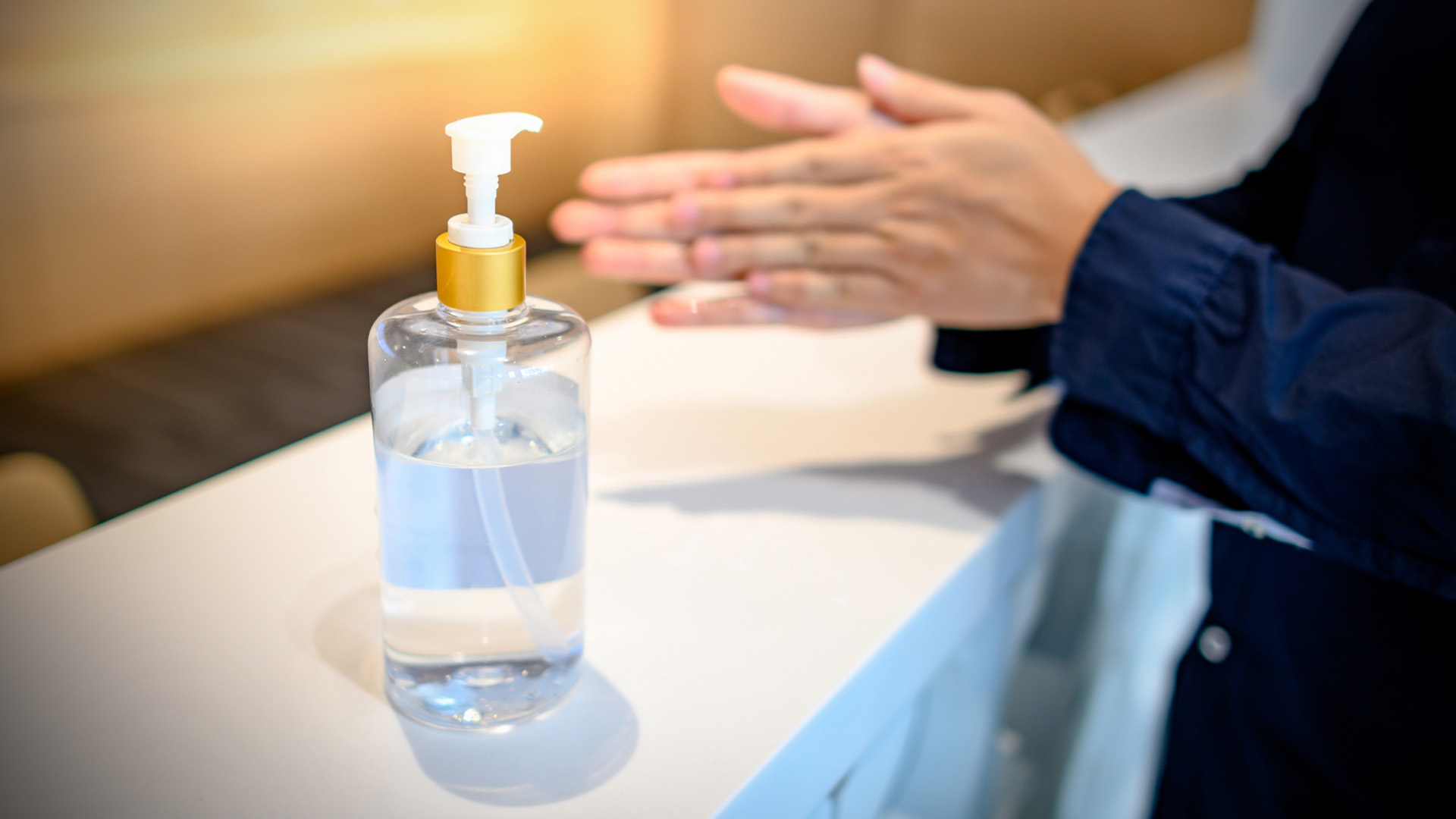Employer responsibility as transmission rates rise
Expert tips

Both the WHO and the Public Health Agency of Sweden have warned that the spread of influenza, Covid-19 and RSV may reach high levels this winter season. As an employer, you have a responsibility to counteract and prevent the transmission of viruses at the workplace.
The Public Health Agency estimates that the spread of influenza may accelerate before Christmas, while there is already a noticeable rise in the levels of influenza, RSV and Covid-19. There is no vaccine for RSV, however the Public Health Agency recommends that everyone over 18 should have received at least three doses of the Covid-19 vaccine, while those in the risk group should also receive a further two doses against Covid-19 and a vaccine against influenza.
“Keep in mind that it takes two weeks for protection to kick in after getting the influenza vaccine. So for people in the risk group, it is important to get vaccinated right away. It is also a good idea to get your influenza vaccine at the same time as your vaccine against Covid-19,” says Torbjörn Vedberg, Medical Manager at Falck Previa.
Reduce transmission at work
As an employer, your responsibility for the work environment includes taking action to reduce the spread of infections at the workplace. It is up to each employer to conduct a risk assessment and decide what measures should be adopted at the workplace in order to reduce the risk of transmission. Exactly what measures you take will depend on factors such as your type of business activity and on work environment legislation.
“Utilise the experiences we learned during the pandemic. Emphasise to employees that it is important they stay home if they have symptoms of an infection,” says Torbjörn Vedberg.
How to prevent transmission at the workplace
- Stay home Remind employees that they must stay home when they have cold or flu-like symptoms.
- Vaccinations during working hours Allow employees to get vaccinated during working hours to make it easier for them to follow the Public Health Agency’s recommendations.
- Facilitate good hand hygiene Make sure employees have good facilities for washing their hands with access to soap, hand sanitiser and paper towels.
- Information about good hand hygiene Provide information on hand washing and hygiene, perhaps by putting up posters in bathroom and kitchen areas.
- Monitor ventilation Make sure that your ventilation systems are operating properly.
- Personal protective equipment When other measures are not sufficient to prevent transmission, you may need to use personal protective equipment in certain workplaces.
- Clean premises Keep your premises clean and place extra focus on bathroom and kitchen areas.